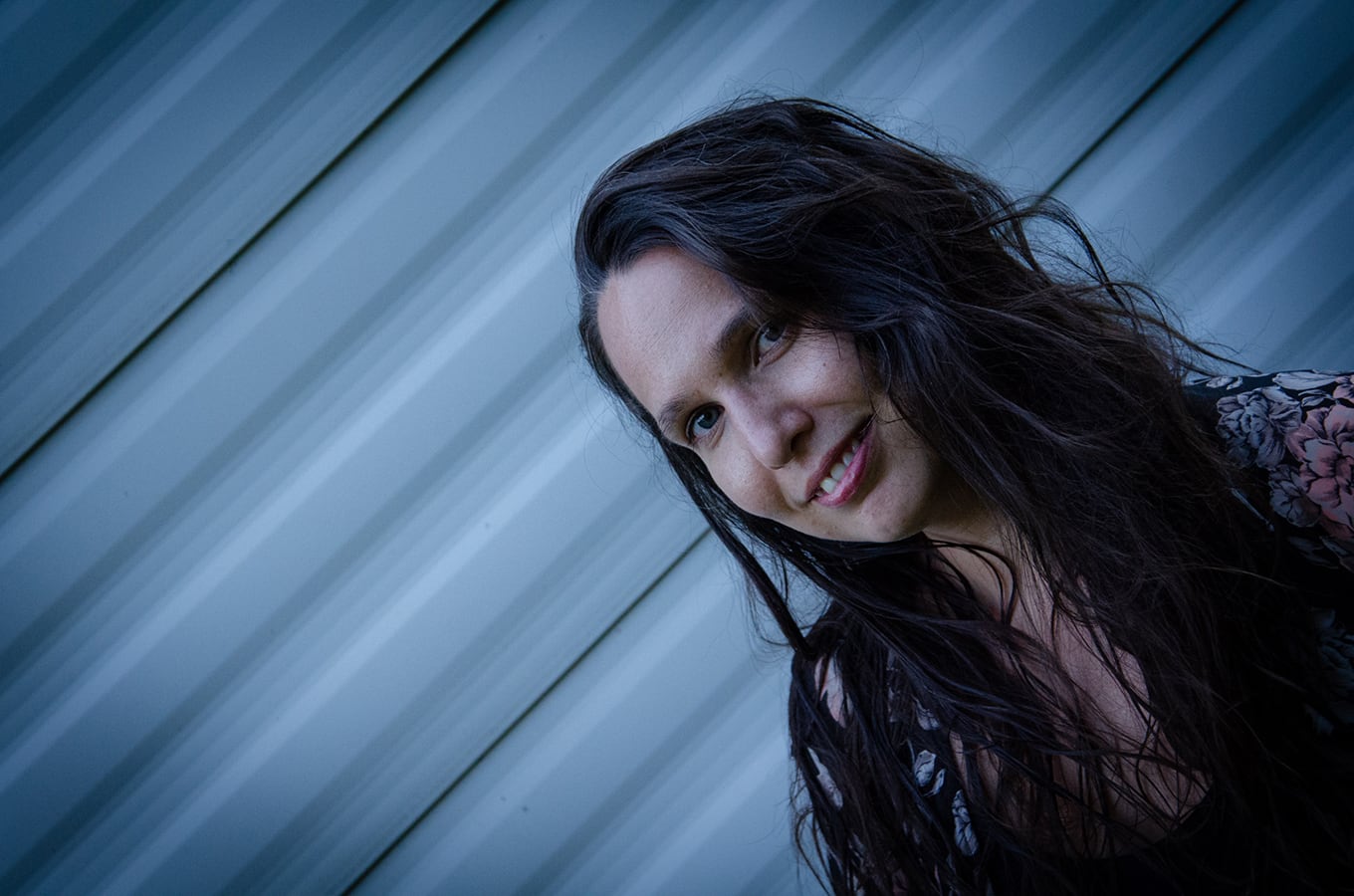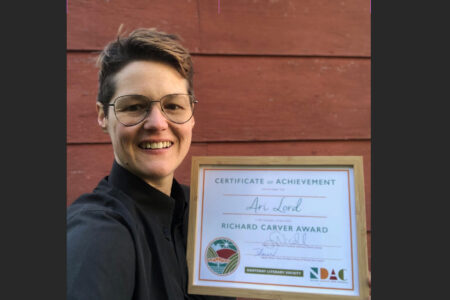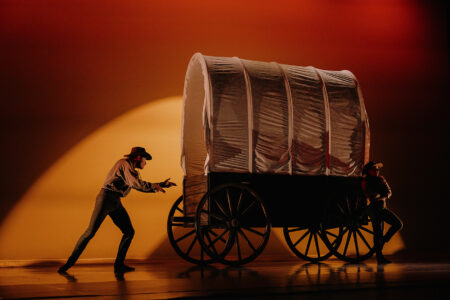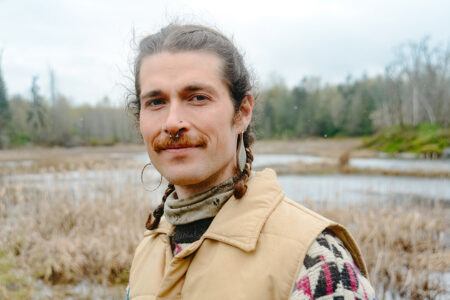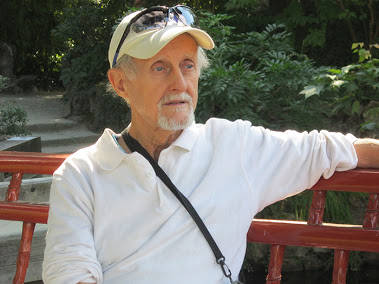Daily Dose — Award-Winning Nelson Author Sarah Beauchamp
Sarah Beauchamp accepted the 2021 Richard Carver Award for Emerging Writers at the Elephant Mountain Literary Festival on July 11th.
The Nelson District Arts Council is proud to honour Carver’s contributions to the Kootenay arts scene with the support of the Carver Family.
The Carver Award recognizes an emerging writer–one who has published literary work in any genre. Beauchamp, born on the traditional territory of the Anishinaabek, Haudenosaunee, Lūnaapéewak and Attawandaron Peoples and is the current Communications Director for the West Kootenay EcoSociety, shares what this momentous moment means for her journey as a writer.
What went through your mind when you found out that you won the award?
My first thought when I read the email was, “I need to read this again,” and then I read it about five times before calling my husband and telling him, “I think I just won the Richard Carver Award.” I honestly wasn’t expecting to win. I was looking forward to cheering on whoever received this award but didn’t think it would be me.
What does it mean for your creative journey as a writer to win this award?
This type of recognition from the community means so much. It is a similar feeling to my very first time being published. All of a sudden, something that felt so out of reach, impractical, and impossible becomes believable; that self-doubt melts away when someone else sees value in what you are creating; it gives you that little push to be like, “Ya, I think I can do this.”
As a writer with Indigenous and settler identities, how does writing help you know who you are?
I’m not sure I will ever fully know who I am, I’m still trying to work through that. Writing about my childhood, my family dynamics, my traumas, and my triumphs help me to understand my own story better. The narrative begins to change when you start to write outside of yourself. You gain a little more clarity and insight, and that is where the healing happens.
I grew up not feeling a concrete sense of self. My parents separated when I was quite young and I spent years going back and forth between two very different worlds. When I was with my Dad, I would watch the way people treated him, I would hear the names they would call him and I internalized that as a child. He was incredibly proud to be Native, but at the same time, he really didn’t have any connection to his culture. He had the misfortune of receiving many microaggressions and overt racism for looking Indigenous with none of the healing and power that comes from being connected to one Indigeneity, which slowly destroyed him. I used to be so angry at him for his inability to parent me, but as I write through our story, I begin to understand him more, and it has allowed me to forgive him.
My siblings on my mom’s side have blonde hair with very fair skin. So, I was the one who looked different, and that made me feel different. I got bullied a lot when I was younger for being Indigenous, and although I had seen my father treated differently, it was a bit of a shock for me. I was made to feel like being Indigenous wasn’t something to be proud of, and that was quite heartbreaking for a ten-year-old kid.
I had always felt really close to my Indigeneity, I was incredibly curious, and I would ask my Grandmother so many questions, but I would often be met with a lot of silence. Again, through my writing, I have a better understanding of why it was so hard for her to talk about her culture and where she came from.
Holding these two identities was difficult, especially when society tells you that they “are no good.” I spent a lot of years downplaying who I was. And then, as I got older, it became more important for me to speak my truth and to talk about difficult topics and speak up about my identity and my Indigeneity. I write in so many different spaces, and I try to bring all parts of myself to each and every space in a way that feels authentic. I’m not perfect, but I am learning to be okay with that, and my sense of self continues to change as I grow and begin to understand the complexities of identity.
How does the Nelson literary scene support you in your craft?
I entered creative writing 101 (at Selkirk College) at the start of 2020. Then, a couple of months in, COVID-19 hit, and we moved to an online platform. There are folks with who I have been with in writing workshops for over a year, which I have never met face-to-face. I have formed friendships with other writers in the Kootenays entirely online. So, it has been interesting how the community has formed for me.
When I go to virtual events, I “see” familiar faces, and we’ll connect after and talk about where we are at with our projects and share opportunities with one another. It feels incredibly supportive here; there isn’t a huge sense of competitiveness. Everyone is always cheering one another on! I am just so grateful for the people I have met along the way. I have a lot of support from the community and folks who I consider mentors.
Can you tell me about the memoir you are writing?
I once heard someone say that you need to be in your fifties before writing a good memoir because you simply don’t have enough lived experience before then. I don’t believe that. When I started taking creative writing classes, it didn’t matter which genre we were writing in; I kept finding myself needing to tell my story.
My memoir is forming through a series of short vignettes and poetry. These pieces touch on different moments of my life. I write about my childhood, I write about generational trauma, including addiction and mental illness. I write about grief and my experience of loss. I also write about healing, which is ongoing and, in many ways, unfolding in real-time as I tell my story.
At the end of this summer, I will attend my very first Sundance, where I will be meeting some of my family for the first time. I will take time to go to Vogar, Manitoba, in Dog Creek First Nation, where my father was born and my Grandmother grew up. This experience will inform a lot of my writing and be a major part of my memoir.
My dream for my memoir would be that it helps someone else who may have had similar lived experiences as myself but never saw themselves in the larger narrative. I like to think that I write with authenticity and sincerity and that folks can relate to what I have to say. It has taken me years to feel confident enough to tell my story. Perhaps this will inspire others to tell theirs, even if it seems messy and complicated (or even “incomplete”).
What is your message to other emerging writers?
Your story is important. Keep writing. Don’t let expectations and this idea that your writing needs to be perfect before it has value hold you back. We are our own worst critics. Also, find community, even if it is just one other person with whom you can share your work; having those supports is so important. Finally, take care of yourself, especially if you are writing through challenging topics.
And perhaps most importantly, just go for it; submit your work, enter writing contests, apply for awards and grants.
It’s all a learning process (even the rejection letters).


